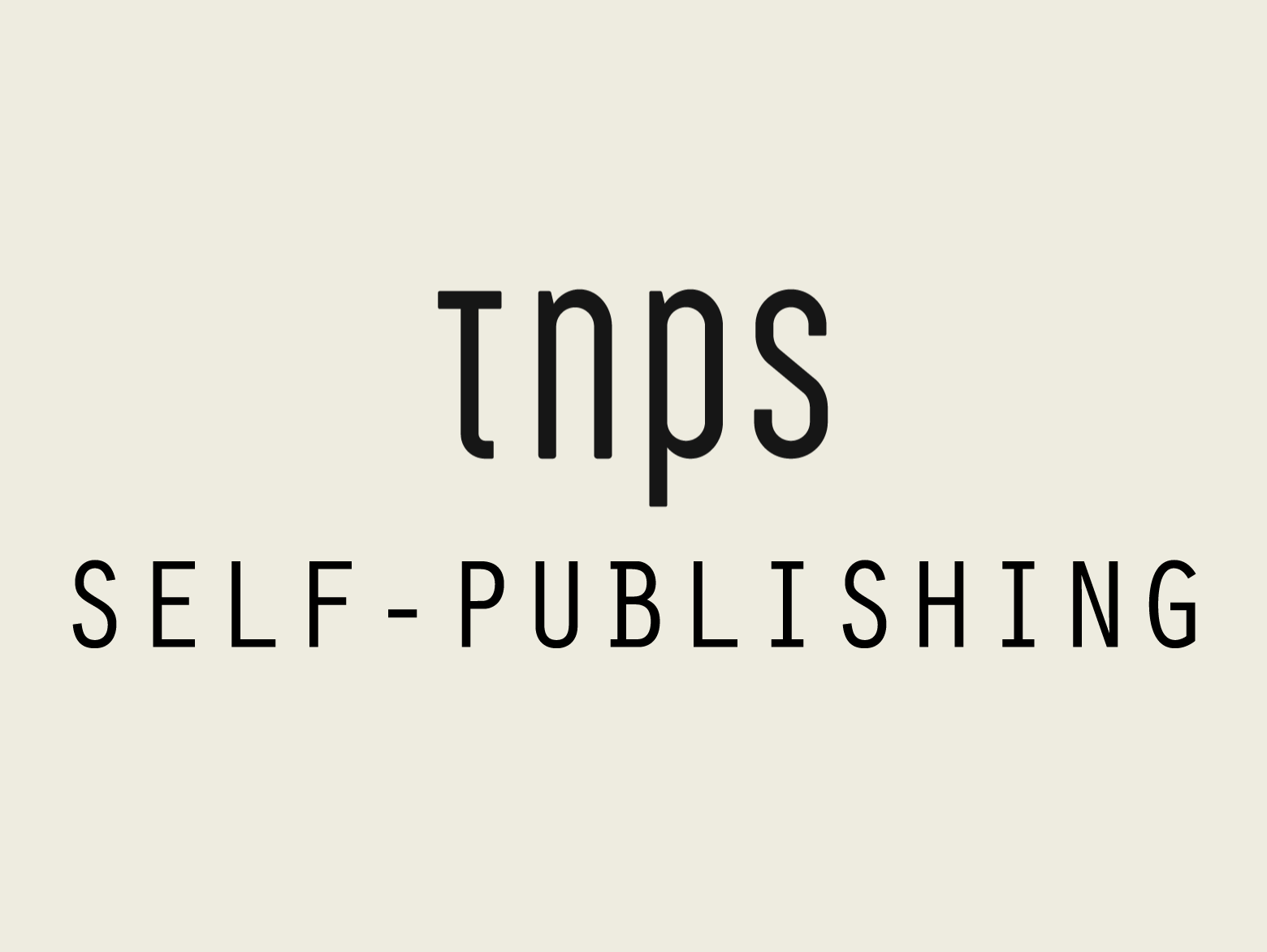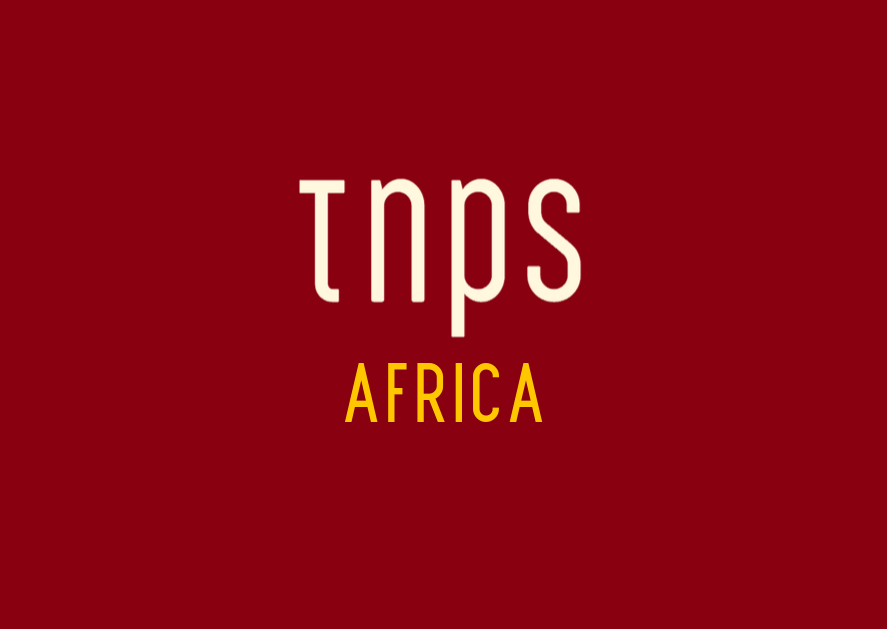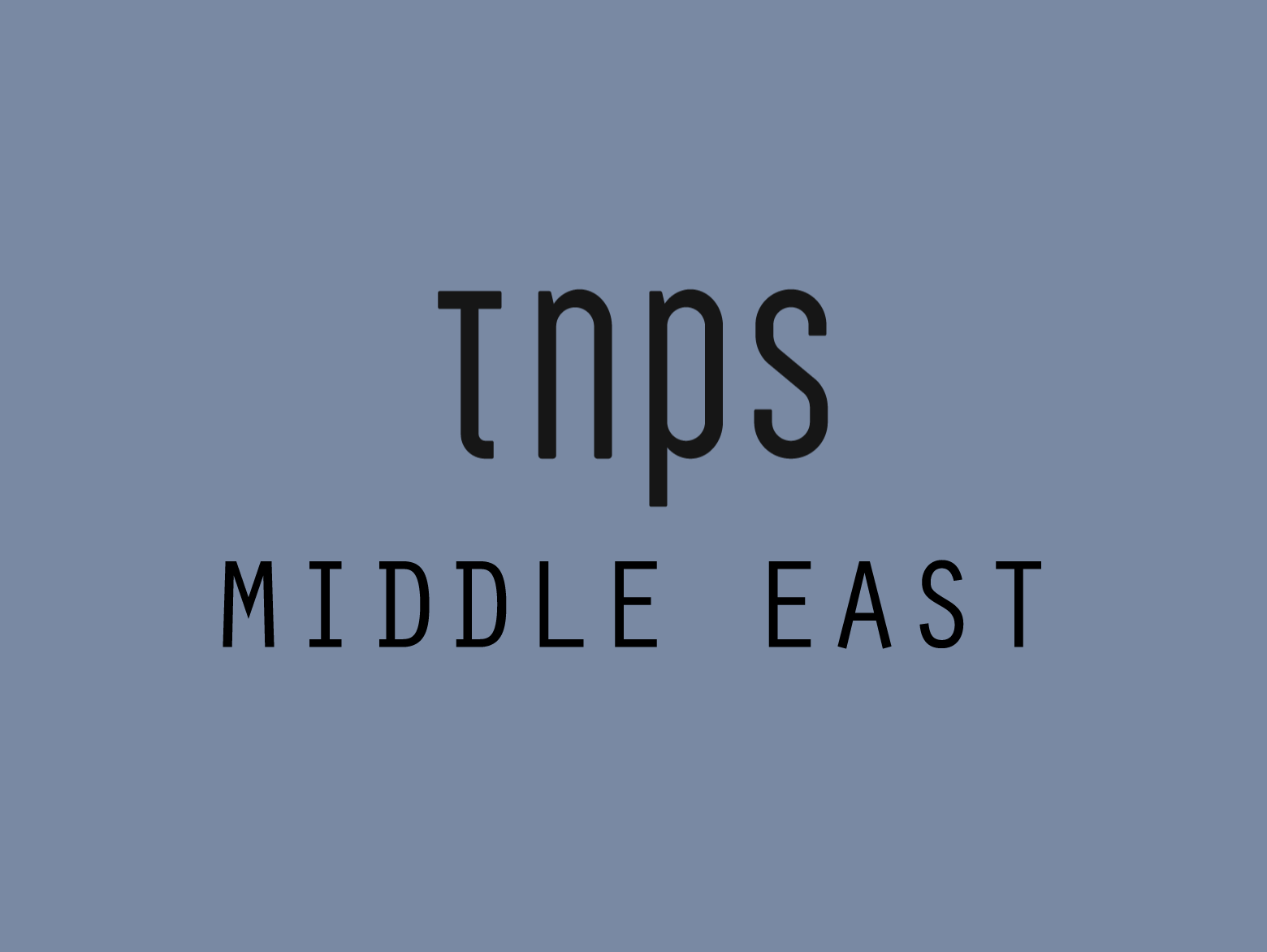The Hot Sheet is a publishing industry news-sheet for authors, produced every two weeks by Porter Anderson and Jane Friedman, and reviewed here every other Sunday as one of the best bi-weekly industry overviews available to authors.
We’re not interested in delivering breaking news, but perspective on stories that are likely to retain meaning for your long-term decision making. We provide distance and nuance on complex issues that affect all authors, whether traditionally published or self-published.

The Hot Sheet – every other Wednesday
Real life got in the way of my reviewing the first Hot Sheet of May, but this time around there’s just too much good stuff crammed in to let that happen again.
This second May edition of the Hot Sheet kicks off with a story that has rocked the self-publishing community. The so-called “cockygate” debacle.
Summarising the background, author Faleena Hopkins has been sending cease-and-desist letters to fellow romance writers claiming she has trademarked the word “cocky”, and demanding other authors delist their books, under threat of legal action that could see Hopkins claim their royalties.
As I wrote this post Anne R. Allen put up an excellent analysis of why this is backfiring big time for the author – but here to stick with the Hot Sheet’s take, which is focussed on the legal side of things.
Regardless of how strong her case might be (and note that Hopkins, not her lawyer, is sending the letters thus far), some authors have complied and changed their titles. Few authors have the funds or time for litigation, plus—in a move that made the issue particularly urgent—Amazon was briefly complying with Hopkins’s takedown requests.
Fortunately, Romance Writers of America convinced Amazon to stop removing accused authors’ titles while the issue is investigated. RWA is actively discussing next steps with counsel and has promised updates … a nice reminder of the important advocacy role that writers’ organizations play.
The Hot Sheet’s bottom line:
A variety of lawyers have weighed in on this issue on Twitter and via blog posts (here’s the most extensive one, with a good comment thread). No one seems to believe Hopkins’s trademark is defensible, at least not in the way she’s currently trying to enforce it. Her ownership of the registration doesn’t prove her trademark is being infringed; however, it will take time and money by someone or some entity to prove that.
But hold on, there’s more. The bottom line summary continues,
Meanwhile, other authors have been emboldened to try to register trademarks related to their own work, and we expect to see more of this kind of activity, for better or worse.
For better or worse, indeed.
While this case became high-profile enough for Amazon to take a step back and put the delisting of challenged titles on hold, the standard MO in instances like these is that Amazon takes a challenged title down and it stays down pending settlement of the dispute. Understandably Amazon cannot and does not usually take sides – a recipe for many disputes to come.
Staying with legal matters the Hot Sheet takes a look at copyright for short works.
While there is a strong case for saying that any work, once written, is copyrighted automatically, there is also a strong case for paying for a formal certificate of copyright, which might help resolve a later dispute by offering a clear statement as to when a work was first copyrighted.
But that can get expensive for prolific authors with lots of titles, or for authors of short works, where for example Author A may write a 100,000 page novel and pay for one copyright certificate but Author B has written 100,000 words in the form of ten 10,000 word short stories, and needs to pay for ten certificates to get the same per word protection.
But relief it at hand, for US authors at least.
Explains Friedman and Anderson,
The Authors Guild’s efforts earlier this month at the US Copyright Office. The Guild is working toward a proposal to create a copyright procedure that allows authors to register short work in groups or batches.
In their meetings—which included Sarang Damle, the Copyright Office’s general counsel, and Rob Kasunic, the director for registration policy—the Guild’s team argued that, with the cost of copyright registration coming in at between $35 and $65 per work, a freelance writer or prolific short-story author creating two pieces per week could be paying more than $6,500 annually in copyright registration fees.
A bigger story, for indie authors, at least, is a report that indie authors are jumping ship and leaving Kindle Unlimited rather than risk having their accounts suspended thanks to wrongly being identified as part of a KU scam operation.
Says the Hot Sheet,
One of the problems of Amazon’s false positives is how difficult they are to overturn. Authors who are identified as gaming the system receive a form letter that refers generally to activity “originating from accounts attempting to manipulate Kindle services.” Amazon then withholds all earnings related to such activity, sometimes leading to losses of more than 50 percent of an author’s monthly take from Amazon KDP. Account suspension may follow. When authors ask Amazon where the illegitimate activity is coming from, the company refuses to offer any detail, as that would tip its hand to those who are scamming the system.
Friedman and Anderson offer some possible reasons as to what is happening:
• Scammer targeting.
• Targeted advertising
• Incentivized readers.
But, says the Hot Sheet duo,
Sometimes, the most obvious explanation is the best: Amazon’s tech is simply not up to the job of separating the good guys from the bad guys—and they don’t yet take the problem seriously enough to fix it.
The Hot Sheet’s next item is a look at the British Book Awards. No space here to cover that item in the detail it deserves, but I must report Friedman and Anderson’s final words on the topic:
…It’s good not to let our admiration for the art cloud our appreciation of the business.
The reason I skipped that item is to devote some space to a difference of opinion between ALLi, the self-publishing advice body, and the perspective of the Hot Sheet duo.
Last issue, Friedman and Anderson reported on Marie Force’s Indie Author Support Network, explaining it is,
expressly devised for advocacy, particularly in the online retail channels in which independent writers operate … While trade publishing’s negotiating power doesn’t guarantee success…publishing houses walk in with the weight of for-profit content-providing bodies; independent authors are largely lone operatives. We like the idea of some collective potential.
The previous Hot Sheet went on,
While the Independent Book Publishers Association and the Alliance of Independent Authors serve self-publishing authors, both focus more on education and resources, not advocacy.”
The UK based ALLi was not impressed.
…It’s quite untrue to say ALLi doesn’t focus on advocacy. Our director, Orna Ross, meets regularly with the principals of all the major self-publishing services, and she, and the organization more widely, advocate tirelessly for our members and the indie author community at both macro and micro level.
But Friedman and Anderson are standing by their original assertion that,
ALLi functions more predominantly in the realms of author training, information, and networking support than in advocacy. We’d point, by contrast, to the report five days ago from the Authors Guild on its recent sessions in Washington, in which it engaged in outright lobbying on Capitol Hill for the small claims copyright bill (CASE). Similarly, in the UK in 2015 and 2016, a relentless push by the Society of Authors, led by author Philip Pullman, persuaded some of the country’s many literary festivals to start working out ways to pay authors speaking at these events, rather than expect the writers to donate their time for the exposure. These are examples of advocacy in action.
On which note time to end the Hot Sheet review until the next edition in two weeks time,
But as well as the analytic posts, just a reminder there are also lots of other goodies in every Hot Sheet issue.
A summary of key news items, for example, including a legal victory for the Author’s Guild, a diversification move by Kensington, a faith-based book community from HarperCollins, a single women fiction” book category from Amazon, morality clauses in publishing contracts, rights grabs in magazine contracts, and GDPR compliance for authors.
The Hot Sheet ends each issue with the “Hot Sheet Index”, which this time around compares US digital ad revenue.
A couple of snippets are particularly pertinent:
• Google’s estimated US digital ad revenue in 2018: $40 billion
• Google’s share of US digital ad revenue in 2018: 37%
• Facebook’s estimated US digital ad revenue in 2018: $21 billion
• Facebook’s share of US digital ad revenue in 2018: 19.6%
• Instagram’s estimated US digital ad revenue in 2018: $5.5 billion
• Instagram’s share of US digital ad revenue in 2018: 5%
• Amazon’s estimated US digital ad revenue in 2018: $2 billion
• Amazon’s share of US digital ad revenue in 2018: 2.7%
I’ll end this with the observation that, for self-publishers at least, Google advertising barely warrants a second thought, while Facebook and Amazon fight author advertising and loyalty. Anecdotally, Amazon is winning, for two reasons.
First, Facebook has alienated authors, not so much over the recent privacy controversy as because Facebook has so obviously limited organic reach of Facebook posts in order to push authors into paying for ads.
Secondly, because Amazon is where most indies focus their marketing activities, even if wide.
NB: The New Publishing Standard does not carry affiliate links and we receive no compensation from any mention of any service, paid or otherwise.





